Descripción
What is Berberine?
Berberine is a bioactive compound that belongs to the class of alkaloids, characterized by its yellow hue. It is primarily derived from various plants, most notably the barberry (Berberis vulgaris), goldenseal (Hydrastis canadensis), and Chinese goldthread (Coptis chinensis). The chemical structure of berberine includes a group of nitrogen atoms that contribute to its unique pharmacological properties. Its efficacy in traditional medicine has been documented for centuries, primarily in ancient cultures such as those in China and India, where it was utilized to address various health issues.
The traditional uses of berberine in herbal medicine are diverse, commonly being employed to alleviate gastrointestinal ailments, support liver function, and bolster the immune system. Its role as an antimicrobial and anti-inflammatory agent has gained recognition through extensive research, leading to its incorporation into modern dietary supplements. This transition reflects a growing interest in natural remedies and integrative health approaches among consumers seeking alternative options for maintaining well-being.
In recent years, berberine has garnered significant attention within the health and wellness community, particularly for its potential to aid in weight management, blood sugar regulation, and cholesterol reduction. Studies indicate that berberine can activate an enzyme known as AMP-activated protein kinase (AMPK), thus influencing glucose and lipid metabolism. Moreover, its antioxidant properties contribute to the reduction of oxidative stress, further enhancing its appeal as a supplement for overall health.
The increasing demand for berberine supplements highlights its versatility and the increasing recognition of natural compounds in supporting health. As interest in herbal remedies continues to rise, the understanding of berberine’s origins, historical uses, and contemporary applications will solidify its place in modern wellness practices.
Health Benefits of Berberine
Berberine, a compound extracted from various plants, has gained significant attention in recent years due to its myriad health benefits. One of the most notable advantages of berberine is its ability to regulate blood sugar levels. Numerous studies have demonstrated that this powerful supplement can enhance insulin sensitivity and decrease glucose production in the liver. For instance, a study published in the journal “Metabolism” highlighted how berberine effectively reduced fasting blood glucose levels in participants diagnosed with type 2 diabetes. This regulation plays a crucial role in preventing the complications associated with uncontrolled blood sugar levels.
Additionally, berberine is recognized for its potential in weight loss. Research indicates that it can support metabolic health by increasing the rate at which the body burns fat and improving metabolic functions. A study in “Obesity” found that participants experienced significant weight loss and reductions in body mass index after taking berberine supplements. Its impact on fat storage mechanisms may also contribute to a healthier body composition.
Cholesterol management is another area where berberine demonstrates significant promise. Several clinical trials have shown that berberine can lead to substantial reductions in total cholesterol, triglycerides, and low-density lipoprotein (LDL) cholesterol. These effects contribute to overall heart health and reduce the risk of cardiovascular diseases. A noteworthy meta-analysis published in the “American Journal of Cardiology” confirmed that berberine supplementation was associated with improved lipid profiles among participants.
Finally, there is mounting evidence supporting berberine’s antibacterial and anti-inflammatory properties. Studies have indicated that berberine exhibits strong antimicrobial activity against various pathogens, making it a topic of interest for researchers investigating natural remedies. Its potential to modulate inflammatory responses further underscores its relevance in maintaining health and preventing chronic diseases.
How to Take Berberine: Dosage and Recommendations
When considering the incorporation of berberine supplements into a wellness regimen, understanding the appropriate dosage and timing is crucial. The optimal dosage of berberine typically ranges from 900 mg to 1500 mg per day, split into two to three doses, to enhance absorption and effectiveness. Each dose should be taken approximately 30 minutes before meals to maximize its impact on glucose metabolism and lipid regulation.
Berberine is available in various forms, including capsules, tablets, and powders. Capsules and tablets are often preferred for their convenience and precise dosing. However, berberine powder may be mixed into beverages or foods for those who find it more palatable. It’s essential to select a high-quality supplement from reputable manufacturers to ensure purity and efficacy, as the potency can vary significantly among products.
Individuals taking berberine should be aware of potential interactions with medications and other natural supplements. Berberine has been shown to affect the metabolism of several drugs, including anticoagulants, antihyperglycemic agents, and certain statins, which could alter their effects. Consequently, consulting a healthcare provider before starting berberine is advisable, particularly for individuals on medication or those with underlying health conditions.
Furthermore, considering the timing of berberine supplementation is essential for avoiding gastrointestinal discomfort. Initiating with a lower dose may help the body adjust, and gradually increasing to the desired dosage can minimize this risk. Engaging with a healthcare professional can provide tailored recommendations based on an individual’s health status and goals, contributing to a more effective and safe supplementation experience.
Possible Side Effects and Precautions
While berberine is widely considered beneficial for various health conditions, it is essential to be aware of potential side effects associated with its use. The most commonly reported side effects are gastrointestinal disturbances, which may include symptoms such as diarrhea, constipation, and stomach cramping. These digestive issues can arise, particularly if berberine is taken in high doses or without food. Therefore, individuals new to berberine supplementation should start with a lower dosage and gradually increase it to minimize such side effects.
Moreover, berberine can interact with certain medications, such as those prescribed for diabetes or blood pressure control. This interaction could enhance the effects of these medications, potentially leading to dangerously low blood sugar levels or hypotension. Hence, it is imperative that individuals on these medications or those with existing health conditions consult a healthcare professional prior to commencing berberine supplementation.
Special consideration should also be given to pregnant or breastfeeding women, as there is limited research regarding the safety of berberine during these periods. The potential effects on fetal or infant health are not fully understood, warranting caution and professional medical advice. Additionally, individuals with liver or kidney disorders should exercise particular prudence when considering berberine, given the implications for liver metabolism and clearance from the body.
In conclusion, while berberine supplements may offer significant health benefits, they are not without risks. Awareness of the potential side effects and interactions is crucial, and consulting with a healthcare provider is strongly recommended before beginning any new supplement regimen, particularly for those with pre-existing medical conditions or those taking other medications.
Conclusion: Is Berberine Right for You?
Throughout this blog post, we have explored the numerous potential benefits of berberine supplements, including its ability to support metabolic health, improve blood sugar control, and enhance cardiovascular function. As a naturally occurring compound found in various plants, berberine has garnered considerable attention in the health and wellness community. However, determining whether berberine is the right choice for you will ultimately depend on your individual health goals and circumstances.
Before incorporating berberine into your supplement regimen, it is crucial to assess your current health status and lifestyle factors. Individuals with specific medical conditions, such as diabetes or liver issues, should exercise caution and consult with a healthcare professional before starting berberine supplementation. Additionally, it is essential to consider your current medications, as berberine has the potential to interact with certain drugs, particularly those that affect blood glucose levels or liver enzymes.
Moreover, while many users report positive effects from berberine supplementation, results can vary significantly among individuals. What works for one person may not necessarily yield the same outcome for another. Therefore, conducting personal research to gather information on potential side effects, dosages, and product quality is advisable. Engage with credible sources and testimonials to make an informed decision about incorporating berberine into your routine.
Ultimately, berberine presents promising opportunities for enhancing health. However, it is essential to prioritize personal health considerations and consult with a qualified healthcare provider for tailored guidance. This proactive approach will ensure that any supplement you choose aligns with your unique health objectives and contributes positively to your overall well-being.

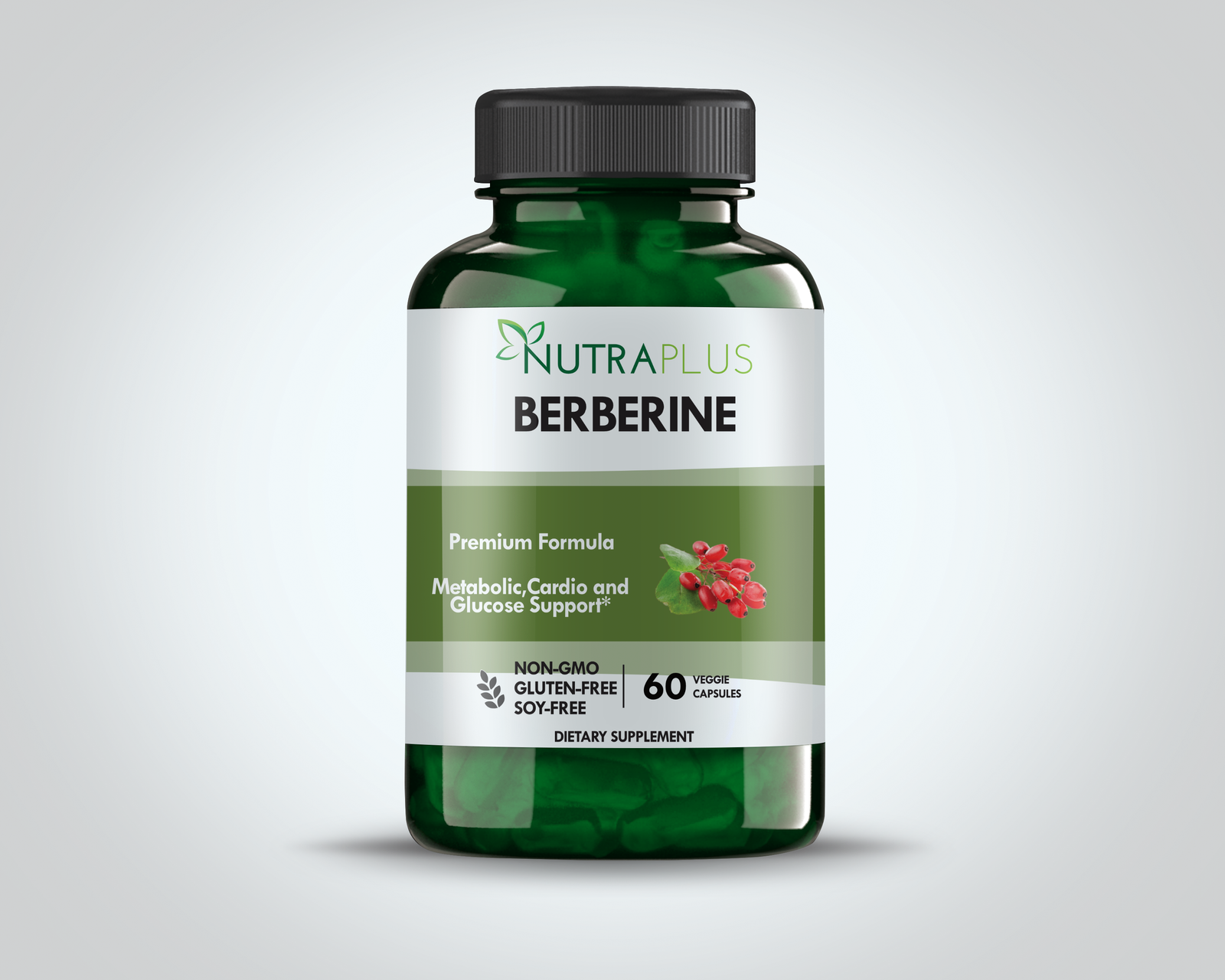
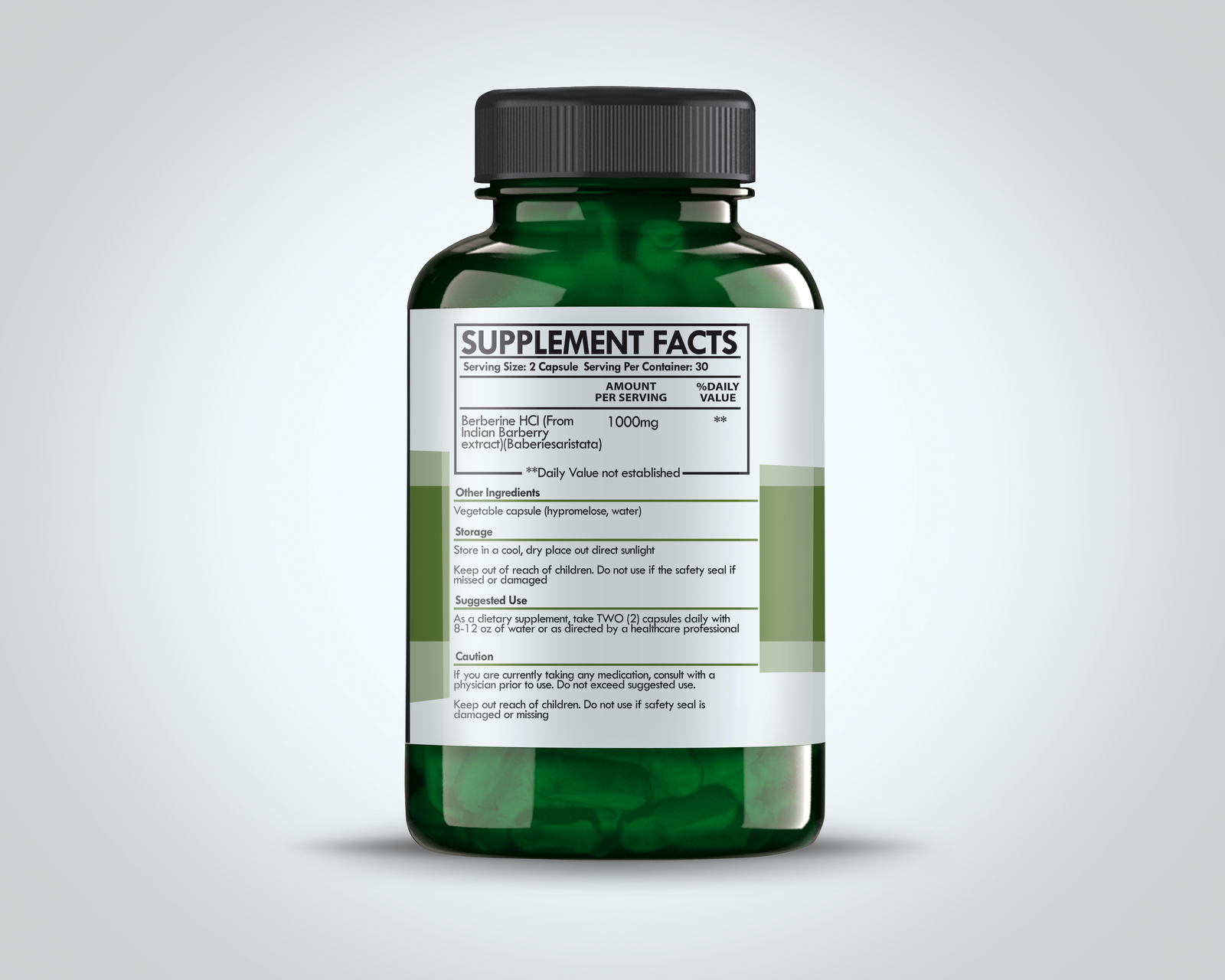

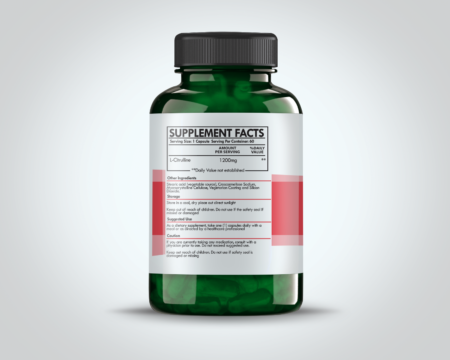

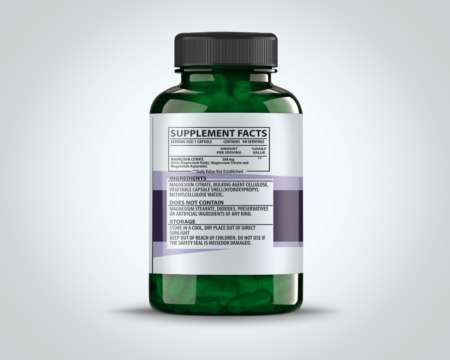



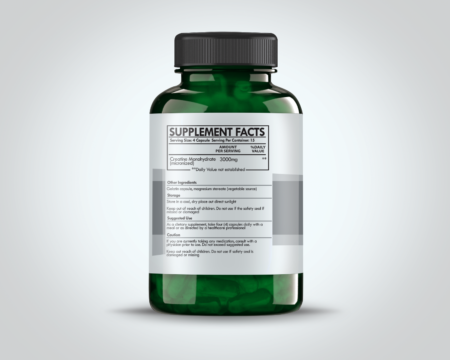

Valoraciones
No hay valoraciones aún.